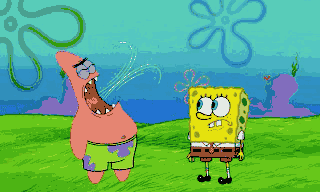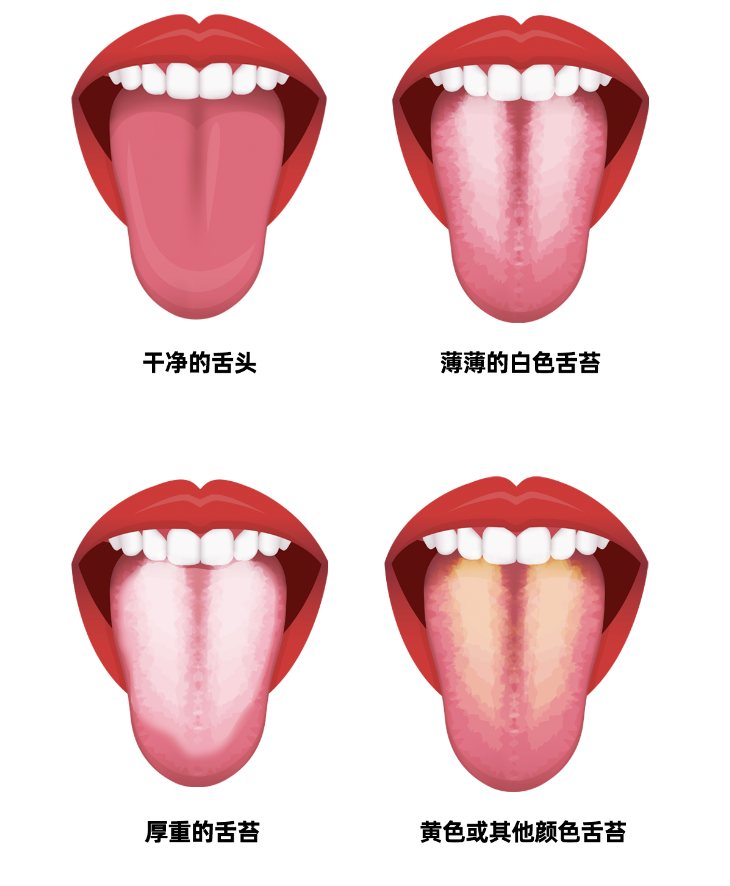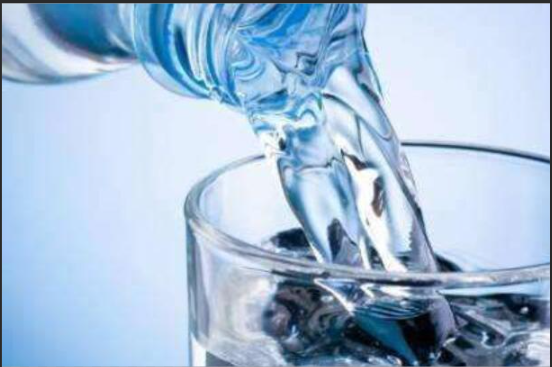 2023.07.13
2023.07.13
When someone says to you:
"You have bad breath."
That's when you react:

Bad breath, is the enemy of contemporary people in social occasions, imagine in these occasions: couples intimate moments, loved ones reunion time, closed elevator time, classmates reunion talk, etc. ...... If the first thing that comes out of your mouth when you open your mouth to speak is bad breath, then it's a proper social embarrassment!![]() !
!
What is bad breath?
Halitosis, also known as "bad breath", from the mouth of the "odor-producing bacteria", that is, the population emitted by other people tired of making their own embarrassing bad breath.
Do not underestimate the bad breath this small problem, it will make people (especially young people) dare not interact with people in close proximity, thus creating an inferiority complex, affecting the normal interpersonal, emotional exchanges, people are very distressed.
Some people, bad breath is heavier, they can smell their own bad breath; and some people, through the reaction of others, to know their own bad breath.
According to statistics, every 100,000 people in about 30% of the people suffering from varying degrees of "bad breath" disease.
Top Causes of Bad Breath
Physiological bad breath
Transient bad breath caused by poor hygiene habits and lifestyle habits such as smoking, drinking alcohol, drinking coffee and often eat spicy and stimulating foods; certain special dietary habits, such as heavier flavored snail powder, durian, stinky tofu and the like; drinking too little water, poor oral hygiene habits, staying up too late, dieting to lose weight and other lifestyles.
Pathological bad breath
(1) Halitosis of oral origin: Halitosis caused by oral problems, more than 80% of bad breath is "halitosis of oral origin".
(2) Non-oral halitosis: Another 20% of bad breath is caused by causes outside the oral cavity and is called "non-oral halitosis". The pharynx, larynx, nasal passages, lungs, and stomach, all of which are in close proximity to the mouth, may be called sources of odor.

Fear of bad breath
It means that the symptoms of bad breath have disappeared through treatment, but the patient still wants to keep treating because of psychological factors.
How can you tell if you have bad breath?
1. Cotton swab tongue scraping method:Get a cotton swab and use it to scrape the middle and back of your tongue and smell for a foul odor.
2. Covering the mouth and breathing method:Try to see if you can smell the odor by lightly covering your mouth with the palm of your hand and taking a breath.

3. Ask others:Smell yourself for odor by asking a close family member or friend.
How to say goodbye to bad breath?
1、Brush your teeth in the morning and evening, rinse your mouth after meals
Brush your teeth once a day in the morning and once in the evening. Plaque is generated very quickly, and increasing the number of times you brush your teeth can effectively remove plaque. Brush for at least 2 minutes each time;
To master the correct brushing method, place the toothbrush near the gum margin, with the tip of the bristle bundle toward the gums and at an angle of 45° to the long axis of the teeth, gently press the bristles toward the edge so that they go slightly into the crevices of the teeth and the gums, quiver horizontally for a short distance, and then whisk up and down the interstices of the teeth.

2. The tongue also needs to be cleaned!
Food debris, saliva, microorganisms, shed epithelium and oozing white blood cells mix together and fall between the uneven papillae of the tongue, which tends to form a layer of greasy "tongue moss".
Tongue lining is also a source of bad breath. Cleaning the tongue lining removes 75% of the volatile sulfide complexes. Although the bacteria may return, it can help to maintain good oral health by gently brushing the tongue with a Sweetrip Tongue Brush, working from the inside out to the front and back of the "tongue".

3、Please use dental floss to clean food debris and plaque carefully
Brushing can only brush off part of the tartar, but the crevices of the teeth and some of the dead space can not be brushed, bacteria accumulate in these locations, resulting in dental calculus, so we need to floss to assist in cleaning up these "hygiene dead space".

4、Drink enough water to keep your mouth moist
Drinking water helps the salivary glands produce more saliva and it has a rinsing effect on the mouth.

5. Dietary control
It is best to eat less irritating, strong-smelling foods, such as garlic, leeks, snail powder, stinky tofu, etc.; indigestible, greasy foods and smoked meat products.
Keeping an eye on your oral health and cleaning your teeth regularly is the only way to keep your breath fresh and get rid of bad breath.









